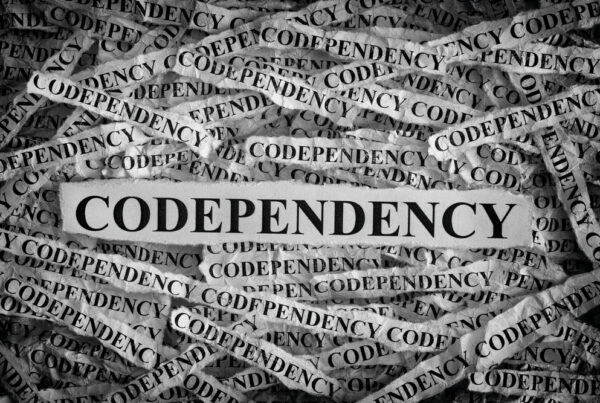Antidepressants are medications prescribed to help treat moderate to severe depression, and may also be used to treat other mental health ailments such as obsessive-compulsive disorder (OCD), generalized anxiety disorder (GAD), and more. Antidepressants are grouped into five different categories, and the two most common types of antidepressant medications are SSRIs (selective serotonin reuptake inhibitors) and SNRIs (serotonin and norepinephrine reuptake inhibitors). SSRIs work by altering the brain’s chemical balance of serotonin (the chemical in one’s body that is directly related to one’s moods). SNRIs work to elevate one’s mood by interacting with both the serotonin and norepinephrine levels in one’s brain. As is true with any medical intervention, there are certain risks and possible unwanted side effects. Still, when prescribed appropriately and taken exactly as directed, antidepressant medications can be incredibly effective in reducing unwanted symptoms and improve daily functioning of individuals with psychiatric disorders.
The Best Time To Take Your Medication
Everyone is unique and each person will have a distinct physiological response to taking an antidepressant medication. The best time to take antidepressant medication depends on several contributing factors and will be different for each person. To determine if you should take your antidepressant at night or in the morning it is helpful to take into consideration how the common side effects of the specific medication you are taking influences your quality of life.
It is not uncommon for antidepressants to cause a change in sleep patterns and/ or insomnia. Insomnia, according to the Journal of Sleep Medicine is “characterized by the subjective complaint of difficulty falling or maintaining sleep, or nonrestorative sleep, producing significant daytime symptoms including difficulty concentrating and mood disturbances.” This can be partially attributed to how the medication interacts with certain neurotransmitters and may disturb hormones (e.g., melatonin and cortisol) which can interfere with coordinating the circadian rhythm (sleep-wake cycle). Hence, if you are experiencing disrupted sleep, it may be best to take your antidepressant in the morning. Other side effects that may indicate its best to take your medication in the morning include sexual issues and urinary problems. On the other hand, some side effects are better tolerated when an antidepressant is taken closer to bedtime. If you experience side effects such as drowsiness, nausea, or dizziness, taking your medication at night may be best. Nevertheless, it is typically recommended to take your antidepressant at the same time each day, regardless of whether it is at night or in the morning.
For Information and Support
If you are concerned for yourself or a loved one regarding substance abuse and/ or addiction, we recommend reaching out for help as soon as possible. If left untreated, substance abuse can result in long lasting and potentially life-threatening consequences. Keep in mind: you are not alone! There is an entire network of professionals that are available to help and support you and your loved one throughout the recovery process. The earlier you seek support, the sooner your loved one can return to a happy, healthy, and fulfilling life.
Please do not hesitate to reach out with any questions regarding our specific program at Haven House Addiction Treatment and/ or general substance abuse and/ or addiction treatment related information. Our highly trained staff is readily available to discuss how we might best be able to help you and your loved one. We can be reached by phone at 424-258-6792. You are also welcomed to contact anytime us via email at admissions@hhtxc.com.



